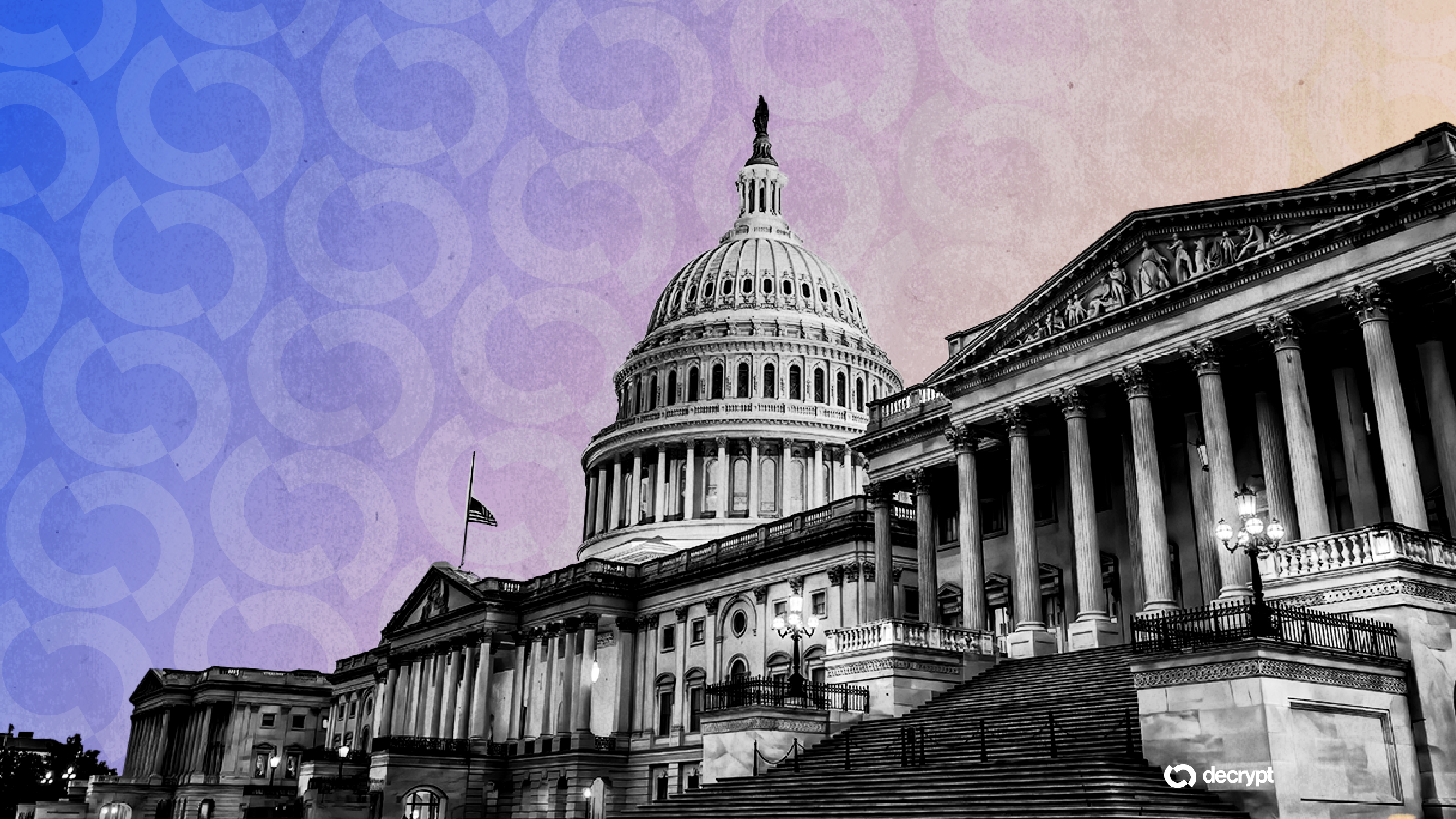Topline
A federal judge ruled that Meta does not hold a monopoly over social networking after purchasing Instagram and WhatsApp in 2012 and 2014, ending a lengthy case brought by the Federal Trade Commission as part of a series of lawsuits against big tech companies.
The Federal Trade Commission sued the social media company in 2020, accusing it of maintaining a monopoly, years after it purchased competitors Instagram and WhatsApp.
NurPhoto via Getty Images
Key Facts
In a ruling on Tuesday, District Court Judge James Boasberg ruled that the FTC did not prove that Meta holds a monopoly on “personal social networking.”
The suit, which was first brought by the FTC in 2020 during the first Trump administration, argued that Meta’s move to purchase photo sharing app Instagram in 2012 and messaging service WhatsApp in 2014 were anticompetitive moves designed to buy out their competition.
However, Meta argued that it was now competing against more companies for users’ attention—specifically noting YouTube and TikTok as new competitors.
Meta did not immediately respond to a request for comment from Forbes.
Crucial Quote
“The landscape that existed only five years ago when the Federal Trade Commission brought this antitrust suit has changed markedly,” Boasberg wrote in his ruling on Tuesday. “While it once might have made sense to partition apps into separate markets of social networking and social media, that wall has since broken down.”
Read More
Source: https://www.forbes.com/sites/zacharyfolk/2025/11/18/meta-does-not-hold-monopoly-judge-rules/


